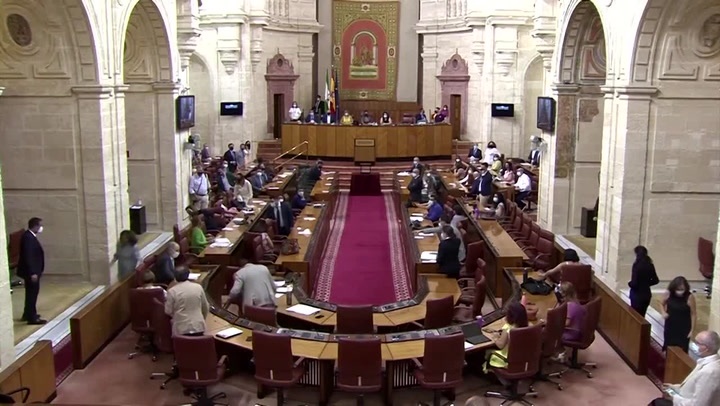Taiwo Ogunwumi, a disaster risk management expert, says Lagos flood is evidence that Nigeria lacks proper disaster risk management strategies to respond to disasters.
Ogunwumi in an interview with TheCable said Nigeria needs to strategise on adaptive mechanisms because floods will only become more severe.
He said the early warning systems are good but it is only one step in the disaster risk management cycle which has four phases — prevention, preparedness, response and rehabilitation.
Ogunwumi said emergency agencies need to incorporate all these phases into their work plan in order to reduce damage from natural hazard impact.
Advertisement
He said response efforts such as first aid, fire fighting and evacuation are necessary at the tail end of disaster management if risk to human lives is to be prevented.
“The flood issue will become more severe, our governments and societies must adapt. We are getting better at forecasting these events and working out their likelihood. However, there is need for effective disaster risk management,” Ogunwumi said.
“At the moment, Nigeria lacks the implementation of proper disaster risk management strategies, this is evident in the gap when it comes to preparedness, mitigation, response and recovery efforts,
Advertisement
“One of the key roles of the national and state emergency agencies of any country is by taking appropriate action based on the phases of the disaster risk management cycle.
“Most of the agencies need to improve on incorporating all these phases into their work plan geared towards the effort in reducing natural hazard impact.”
Ogunwumi said the national and state emergency management institutions need to be restructured and their capacity built to adopt technology in accessing flood impact and responding rapidly.
He said measures such as construction of dams, use of nature based solutions like tree planting and provision of shelter and relief for victims would help improve people’s coping capacity to flood.
Advertisement
“Restructuring the national/state emergency management institution, such as equipping the rapid response team, deployment of drone technology to access flood impact and training and capacity building for emergency responders,
“More effort is required in the provision of relief and shelter for the victims and rehabilitation of destructed buildings and roads.
“Adopt nature based solutions such as planting of trees and mangroves to absorb excessive rainfall, better waste management and construction of drainage, dikes and dams against floods.”
Advertisement





